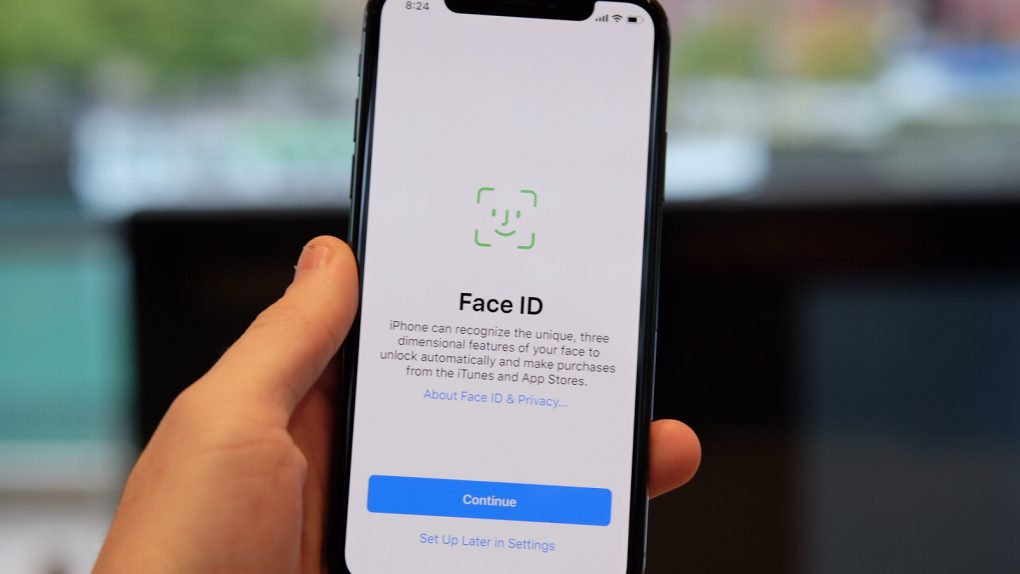I’ve always suffered from a really bad case of New Gadget Shininess. Two years ago, I was absolutely adamant I wouldn’t buy any phone without a headphone jack, right until I saw that I could have a waterproof iPhone.
This year, I quietly laughed at the entire concept of the iPhone X — who wants a phone with a weird screen that costs twice as much as my laptop, right? — and then found myself staying up until 3AM to make sure I could pre-order one for launch day.
By and large, I’ve loved every moment of my iPhone X. Sure, the price was painful upfront, and the notch still makes me cringe inside every time I look at it, but I find almost every single trade-off is worth it. While the price is too steep to call it the best phone for everyone (realistically, it’s no more productive than my old iPhone 7, which you can buy refurbished for $350 these days), it’s absolutely the best-performing device with the craziest camera I’ve ever used.
But that doesn’t mean it’s perfect. Despite the tens of thousands of man-hours that Apple poured into the software, there are exactly three software bugs with the iPhone X that make me truly made on a daily basis. Here’s what they are, and how Apple can fix them with a couple mouse clicks.
The screenshots
By far the dumbest thing on the iPhone X is how you take a screenshot. It’s a combination of the power and volume up buttons, which are situated directly opposite each other, two-thirds of the way up the phone. It’s an easy way to take a screenshot of the phone when you want to, but unfortunately, it’s also an easy way to take a screenshot of your phone every single time you don’t want to as well.
I just went through and counted, and since I first started using the iPhone X, I’ve taken 362 screenshots. In the five years before I bought an iPhone X, I took 327 screenshots. In three months, I’ve taken more screenshots than I did in five years.
Taking out the 12 screenshots that I believe I took on purpose, that’s 350 screenshots. It’s been 100 days since I got my grubby hands on the iPhone X, so I’m taking about 3.5 accidental screenshots per day.
That’s not OK. The screenshots litter my photos library, so every time I want to show people pictures of my dog (75% of the remaining photos on my phone), I have to scroll past 12 accidental pictures of my morning alarms that I took while trying to desperately snooze the alarm.
Fixing this seems simple. Just make it so that you have to hold down all three physical buttons on the phone, which is less likely to happen by accident. Or make an on-screen confirmation of the screenshot you have to tap to take the picture. Jony Ive came up with rounded corners, he can fix this.
Going home in landscape mode
Apple did away with the Home button and replaced its functionality with gestures. For the most part, it works completely fine, to the extent that I pick up my girlfriend’s iPhone 7 and try and swipe to go home about five times a week.
But the one time it doesn’t work is when I’m watching a video in landscape. Apple rotates the screen, and it rotates the gestures accordingly. Even if you put your phone back to portrait mode and try and swipe out, the gesture doesn’t work — you have to swipe up from the long side of the phone, even if you’re holding your device in portrait. It’s jarring and unnatural, which is exactly the kind of thing Apple wants to avoid with its User Interface. If you’re going to force me to relearn the most common command for the iPhone, at least make it consistent.
The battery percentage
The smallest problem is somehow the most annoying: the iPhone X can’t show you the battery percentage in the notification bar along the top. Sure, you get a battery indicator that goes from full to empty, but it’s about 1/8th of an inch long, and using it to work out your battery percentage is like using a sundial to time a 100m sprint.
I know that space is cramped in the “ears” around the notch, and something had to go, but here’s an idea: put a tiny toggle in the battery settings that lets you switch the battery icon for a battery percentage, with numbers that change from green to red if you really insist on the visual cues.
None of this is complicated or difficult, but it seems way too obvious to have got through the testing process. Apple made some big promises when it shook up the design of the iPhone, a design that users knew and loved. Of course, a learning curve is normal, but if things are still annoying me after 100 days of consistent use, I’m starting to think it’s the software, not the user, that’s at fault.









